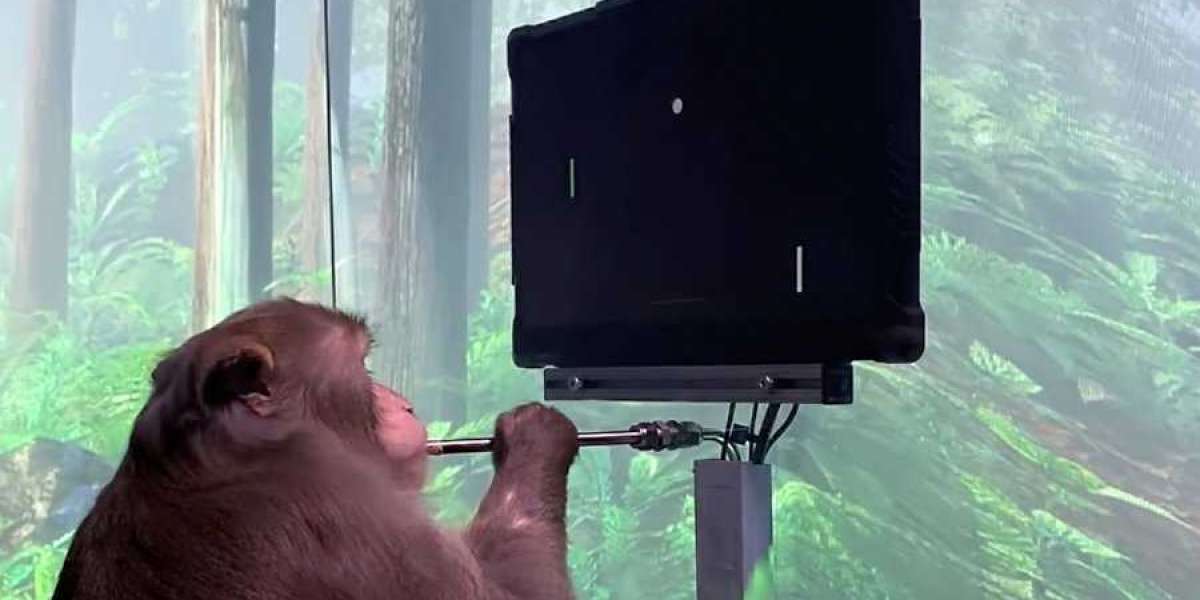Elon Muskov Neuralink, writes Verge, denies claims that scientists from the college abused monkeys while experimenting with the interface between the brain and the computer.
As part of a recent publication, Neuralink responded to an objection raised by the non-profit Physicians Committee for Responsible Medicine (PCRM). The PCRM claims that Neuralink, with partners from the University of California, conducted experiments on animals in which they were abused.
The PCRM announcement states that the monkeys at UC Davis were 'brain mutilated, after which the animals were left to die'. In response, Neuralink stated that the laboratory 'continues to follow federally defined standards', with the animals currently being housed in laboratories run by Neuralink itself.

The PCRM complaint sent to the U.S. Department of Agriculture (USDA) regarding UC Davis is based on published documents following a public lawsuit. The documents describe a partnership that provided the university with about $ 1.4 million and lasted between 2017 and 2020. The study tested a '25-cent coin-sized' implant attached to the skull of a macaque monkey.
The non-profit organization, which opposes the use of laboratory animals, claims that the scientific team "did not provide veterinary care to the dying monkeys and used an unauthorized substance known as BioGlue, which destroyed parts of the monkey's brain tested." The objection concludes that the animals were left to ‘suffer and die’.
A post on Neuralink’s Twitter describes the complaint about the treatment of laboratory animals as ‘misleading’ and ‘out of context’. The company says several animals with a ‘wide range of pre-existing comorbidities’ were put to sleep so scientists could try methods of implanting on dead bodies while six animals were put to sleep due to implant-related infections or BioGlue-related complications, often using surgical glue. An internal e-mail, the source said, refers to ‘necropsy of 23 animals, plus ten living that were transported to Neuralink or removed from the project’.
“All work involving animals has been confirmed by the Institutional Animal Care and Use Committee (IACUC), as stated by federal law. After the surgeries, they were supervised by veterinarians', they say from Neuralink.
Neuralink described its treatment as 'absolute commitment to working with animals in the most humane conditions possible'. The company also claims to have transported the animals to its laboratory in 2020 to raise their standard of living to a level above that required by federal directives, in collaboration with US DA inspectors and the Association for the Assessment and Accreditation of Laboratory Animals Accreditation of Laboratory Animal Care - AAALAC).
A blog post suggests that animals with adequate care indoors can have ‘freedom of choice as in nature’ and choose whether to participate in experiments. ‘Some people want to help with medical research and some don’t. Why can't animals do the same? ' The question is, however, how many wild monkeys are considering implanting a neural implant in the brain.
The neuralink interface between the brain and the computer is designed to allow monkeys and (over time) humans to control electronic systems through neural activity.
Although Musk mentioned the potential future in which cyber brain implants are becoming a reality, Neuralink is currently following in the footsteps of other teams testing the interface to allow the paralyzed to print words or control a robotic arm. The company demonstrated an early iteration of implants last year by showing a monkey playing the video game Pong on screen.



